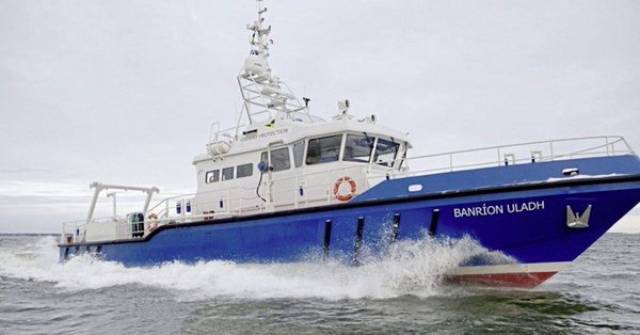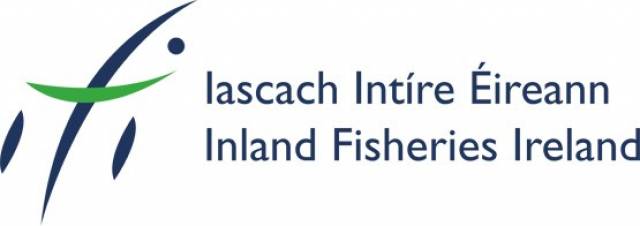

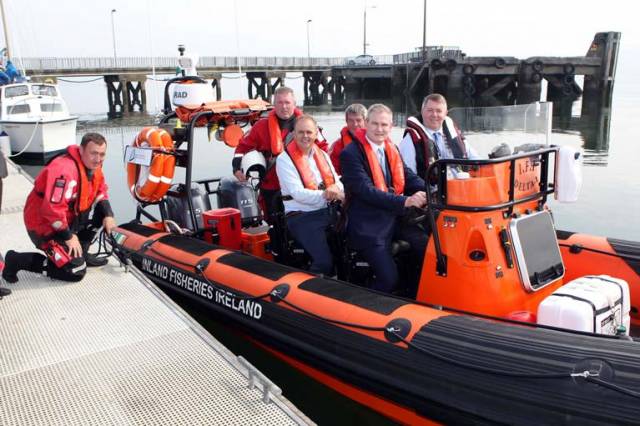
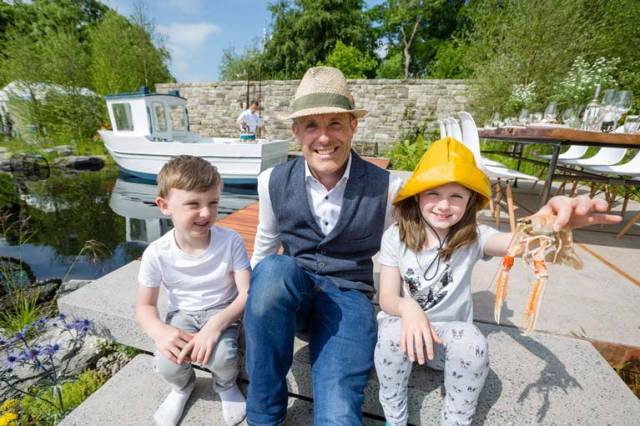
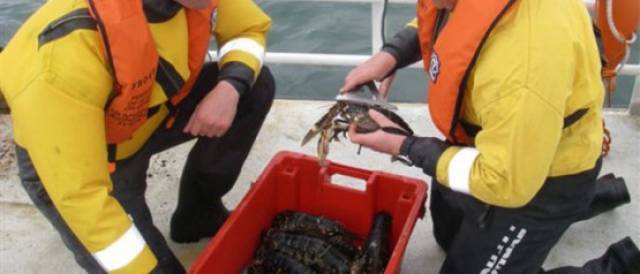
Marine Minister Responds To EU Proceedings Against Ireland On Fisheries Control
18th May 2018 Fishing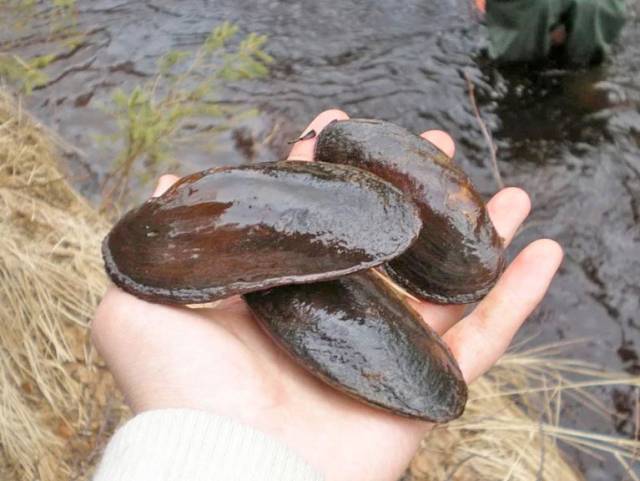
![Minister Creed today [3rd May] met his French counterpart Stephane Travert, in Paris. Pictured along with Ministers Creed and Travert (centre) are Patricia O'Brien (left), Irish Ambassador to France, Catherine Geslain-LanÈele, Director General in Ministry for Agriculture, France and Aidan O'Driscoll, Secretary General, DAFM](/media/k2/items/cache/65698bb86e8c317b4aa329aef7816be2_L.jpg)
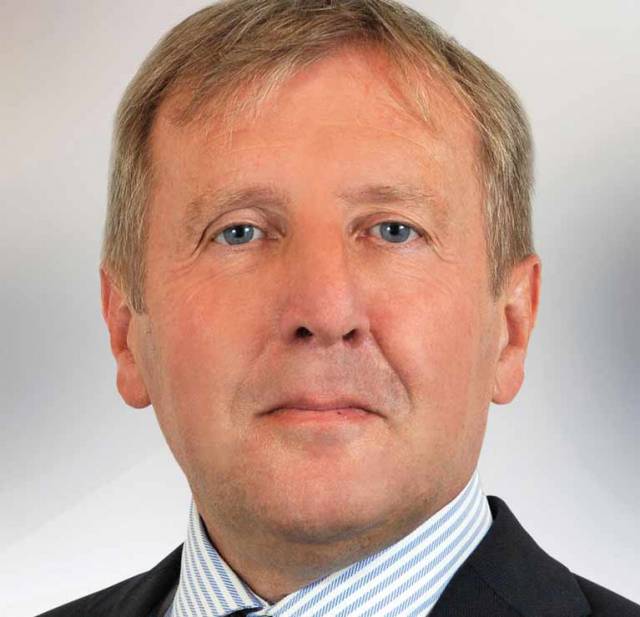
Minister Addresses Family Complaint to Ombudsman Regarding the Lost at Sea Scheme
30th April 2018 Fishing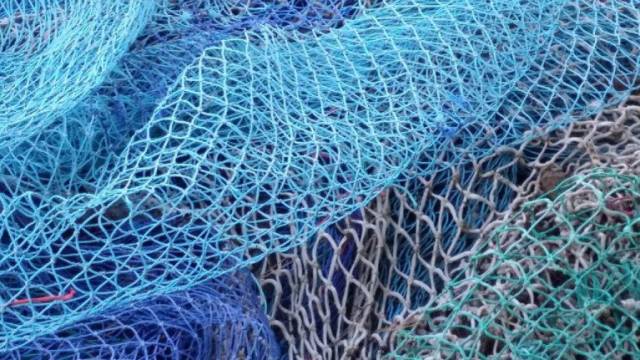
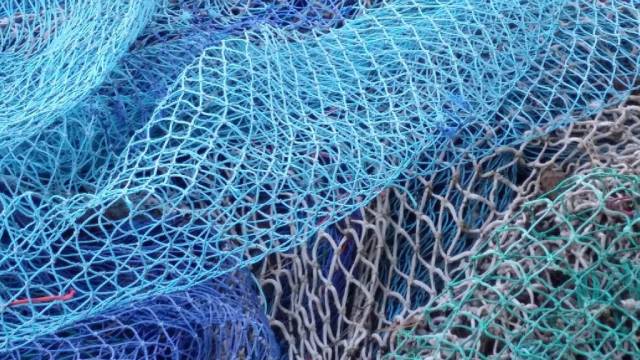
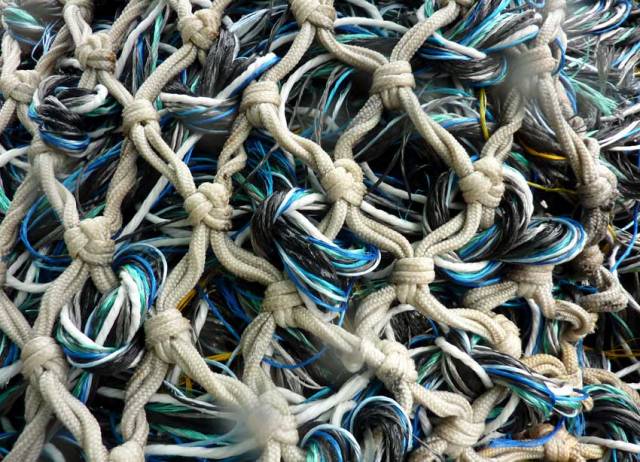
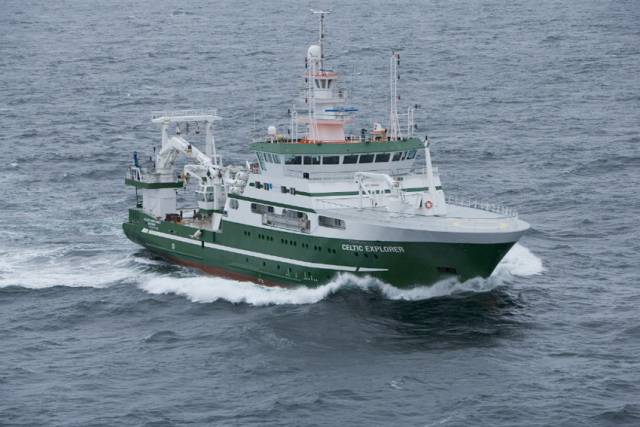
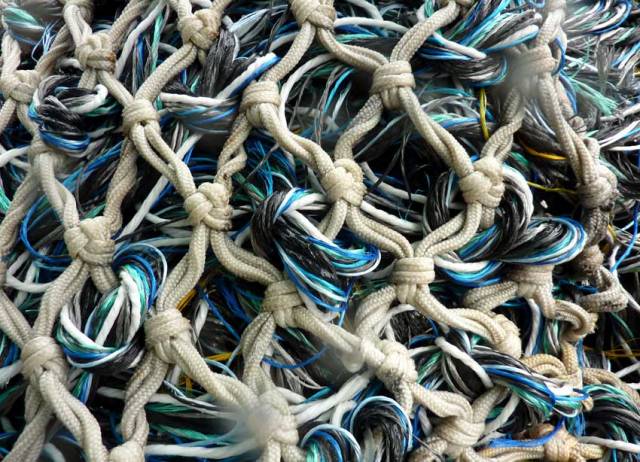
New Report Says Ireland ‘Tops League Table’ For Fishing Quotas Against Scientific Advice
4th April 2018 Fishing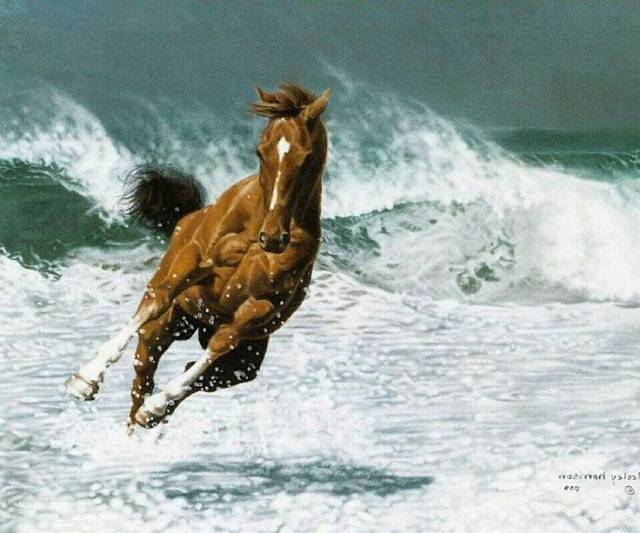
Ireland to Cede Some Fishery Rights for Favourable French Deal with our Bloodstock Industry?
1st April 2018 Fishing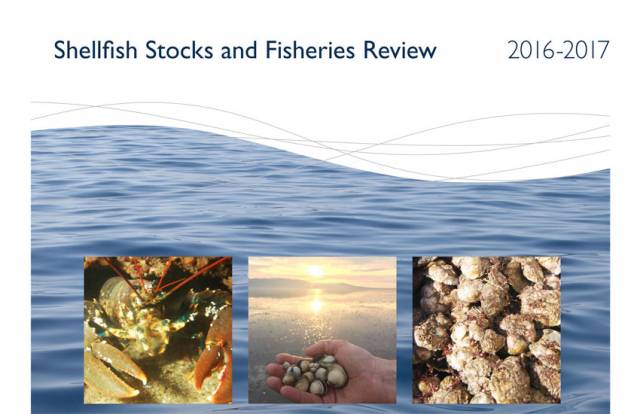
Shellfish Stock Review Warns Over ‘Unexpected Changes’ In Some Species Numbers
28th March 2018 Fishing